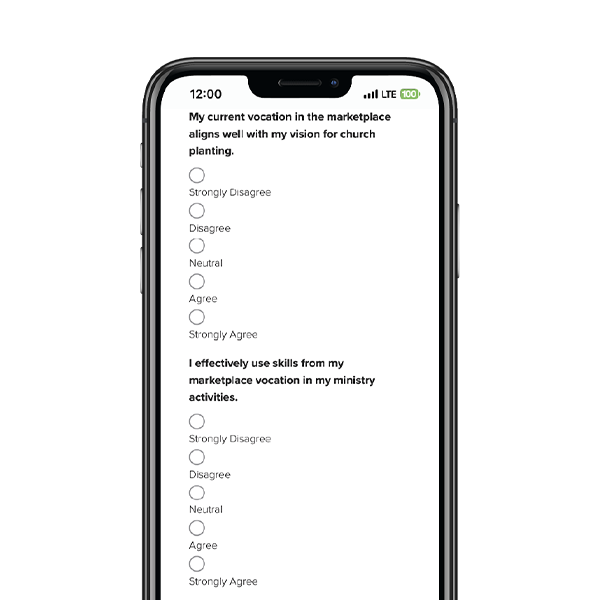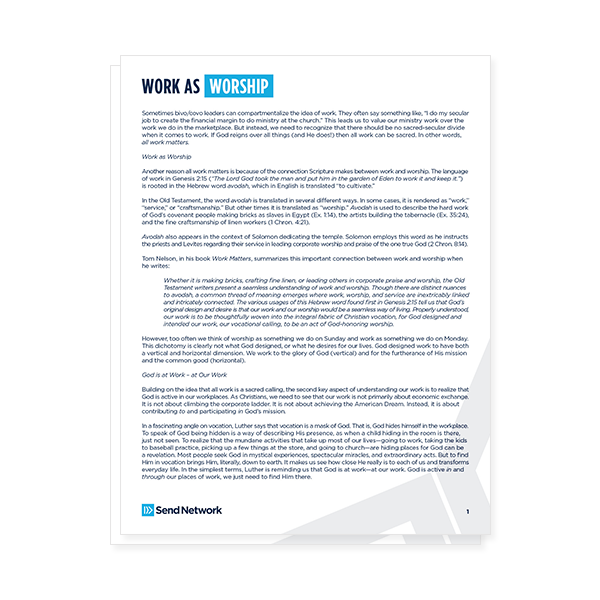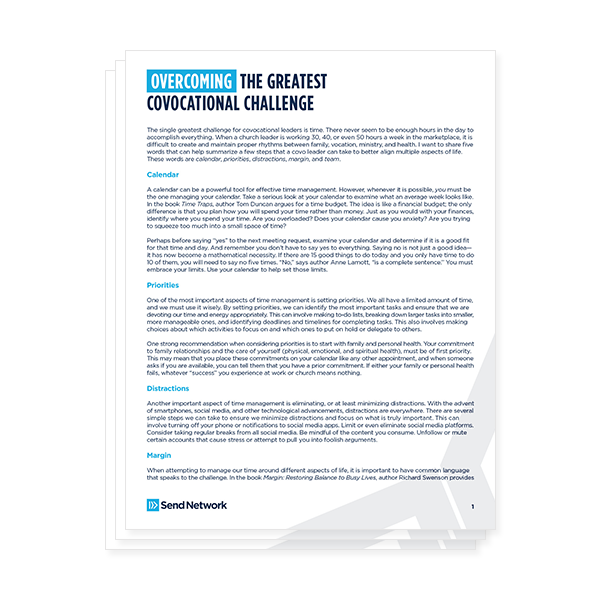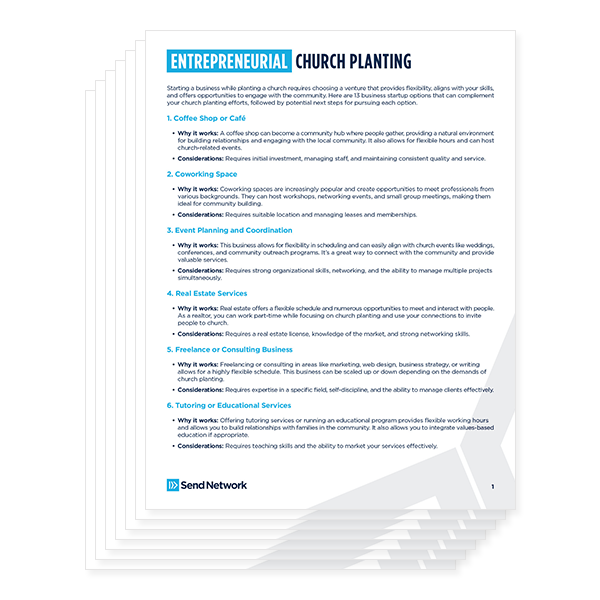Needs are all around us. Some are obvious and overwhelmingly urgent, such as a crisis situation. Others are subtle and require a bit of work to see. In most cases, churches can identify common groups of needs within the current North American context: counseling, joblessness, homelessness, hunger, internationals and refugees, neglected and abandoned children and prisoner reintegration. Church planters have a tremendous opportunity to establish a culture of compassion within the DNA of their congregations by seeking out ministry opportunities among these categories of helpless and harassed people. Through a few simple steps, churches can Send Relief, through acts of compassion and the merciful words of the gospel, into the brokenness and darkness of people around them. Here are a few suggested ways to recognize the needs of your community:
Identify people groups.
Who are the people segments of your community, such as internationals? Are you living in a state of awareness, listening for people speaking languages other than English? Have you spoken with employers who have hired internationals to discover what they see as their workers’ needs? Yet, we cannot limit our people group assessments to ethnic considerations. Military families, people without health and dental care and residents whose homes were damaged by a natural disaster are all people groups who need relief from their various forms of suffering. Ultimately, we need to think in terms of a “neighbor people group missiology” rather than along ethnic lines alone. Who are the “neighbors” God has placed around you? Church planters must lead their members to actively identify the people in your proximity.
Identify individual needs.
What are the individual needs around your church, such as victims of human and sex trafficking, struggling military families or people suffering substandard living conditions? Walking the streets of your neighborhood or spending time at the local park—or other public gathering places—to engage with people you encounter will help you find areas of need. When we dialogue with individuals and listen to their perspectives concerning needs of the community or their own personal lives, we avoid paternalistic or unnecessary ministry efforts. Rather than doing good deeds that may leave root problems unaddressed, we can focus our energy and resources in ways that will make significant changes in the lives of hurting people. Ultimately, we want to establish relationships with people rather than only engaging in ministry opportunities or ministry projects.
Identify key voices.
Identify leaders of the community who can give crucial insights. Local school principals, police officers, city officials and social workers are men and women who know hurting individuals in the area. Also, entering a relationship with the patriarch or matriarch of a particular neighborhood, whose interest is the betterment of that society, will bring about tremendous ministry opportunities. They will know of immediate opportunities to address the glaring problems of your community in meaningful ways. Listening to them and letting them describe the problems of their neighborhood according to their opinion will give you great insight into the root problems of that community from an insider’s perspective.
Identify the unseen.
What may be an apparent need may be unnecessary. Someone needing an electric bill paid may have more significant issues that cause surface-level problems. While not using this reality as an excuse to deny requests for immediate assistance, we are responsible to know whether or not a request is legitimate to the best of our ability. Of course, the only way to know if an apparent issue stems from a root problem is to know the person’s circumstances intimately. The need to know people in our community intimately places a responsibility on us and our members to actively seek relationships. Mercy ministry is not merciful if it leaves unaddressed the true problem in someone’s life. In this sense, mercy ministry is in danger of always being unmerciful apart from pursuing relationships with the people receiving our compassionate words and deeds.
As you enable your members to engage in sending relief to the sorrows of people around them, you will see deeper and deeper levels of ministry opportunities unfold before you. In a blog post later this week, we will offer steps for church planters to lead their members in meeting specific needs. Clearly identifying Send Relief needs is the first step to creating a healthy culture of compassion in your church, leading the body of Christ to take the gospel to the broken, weak and weary people of your community. The Send Relief team is here to help you identify ministry opportunities in your community. Find more information at namb.net/send-relief, or contact us at [email protected].
Published June 14, 2016




